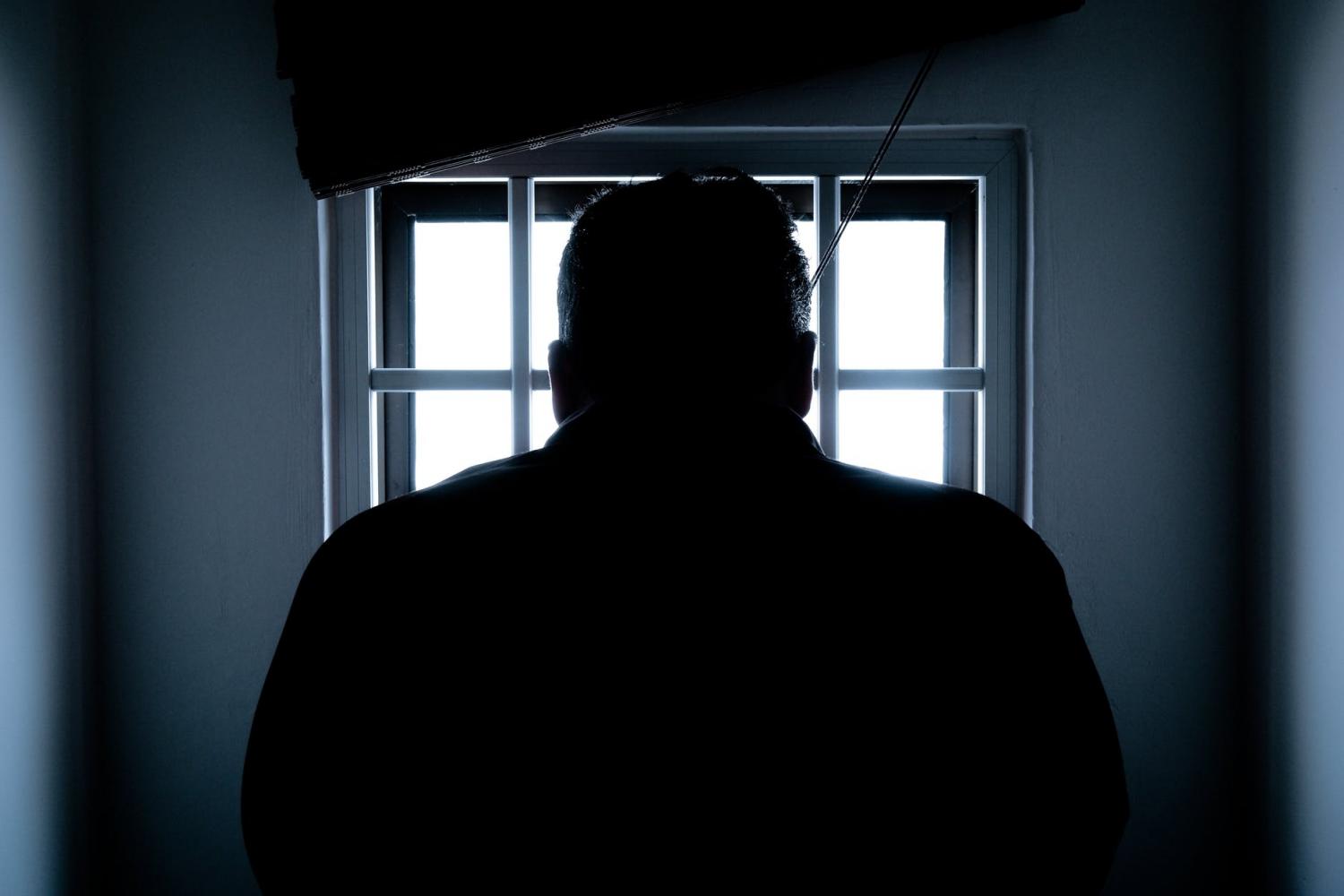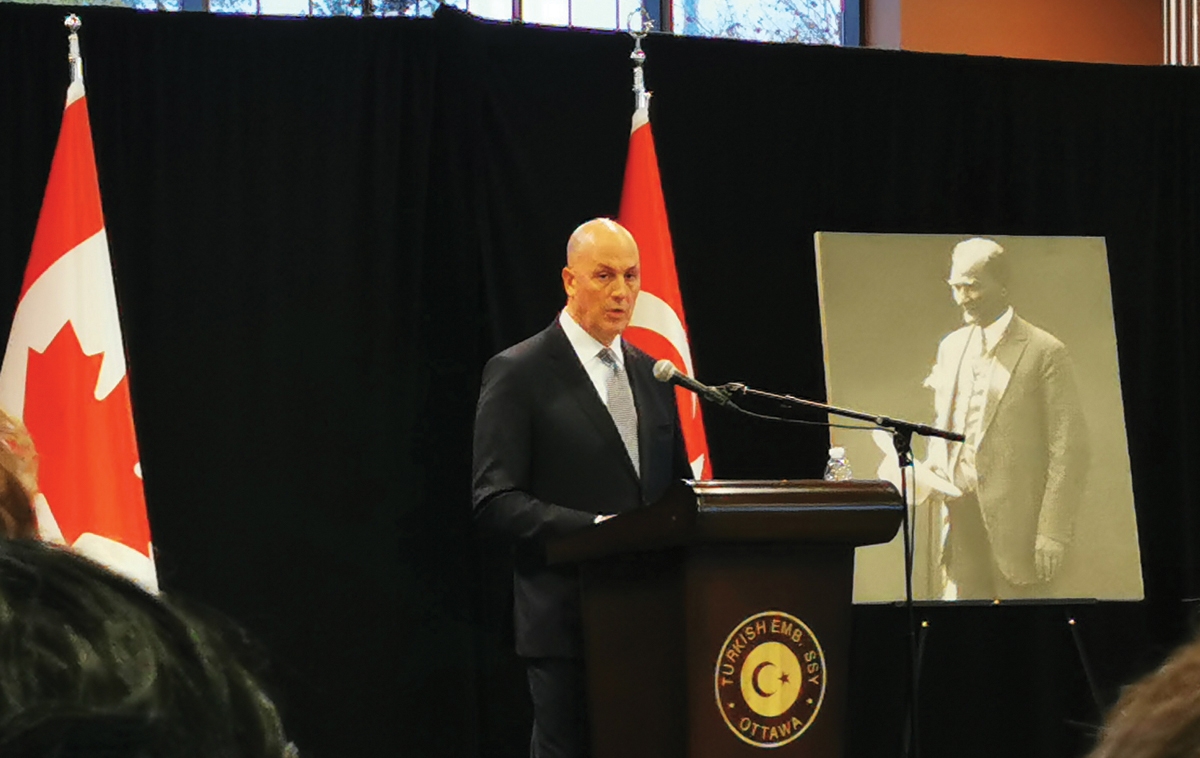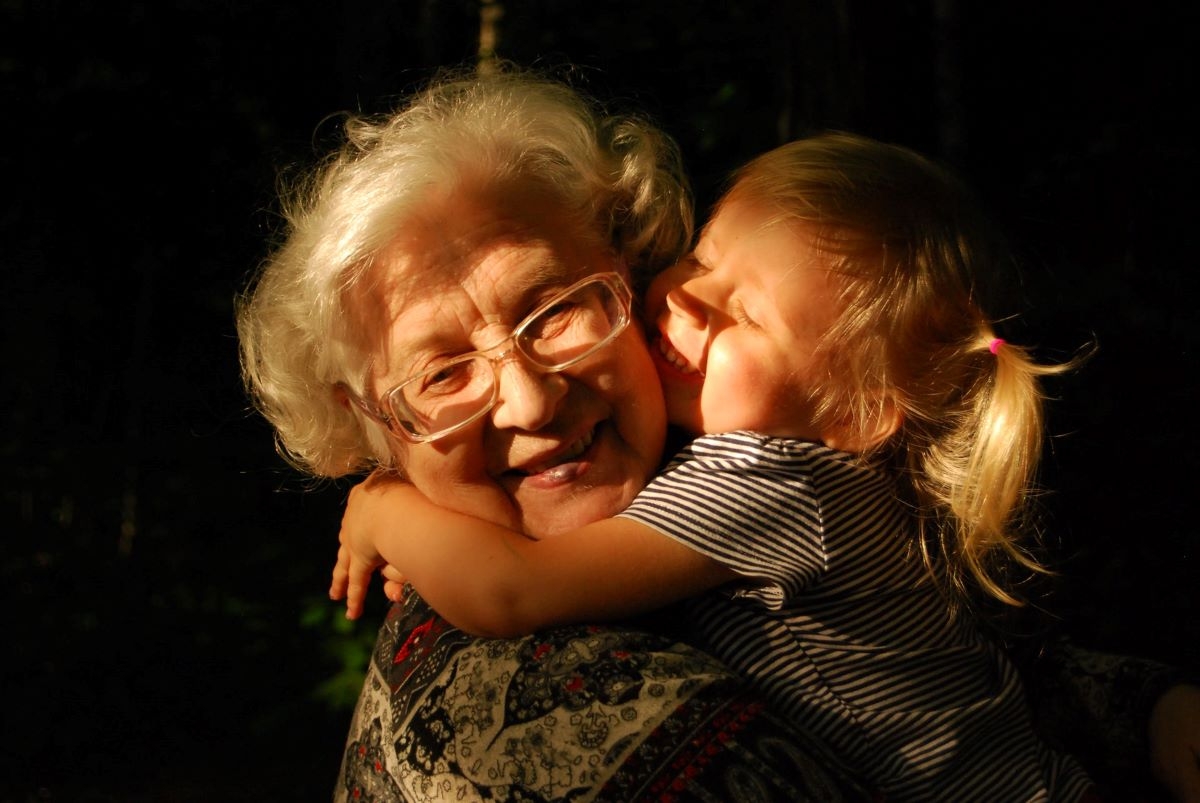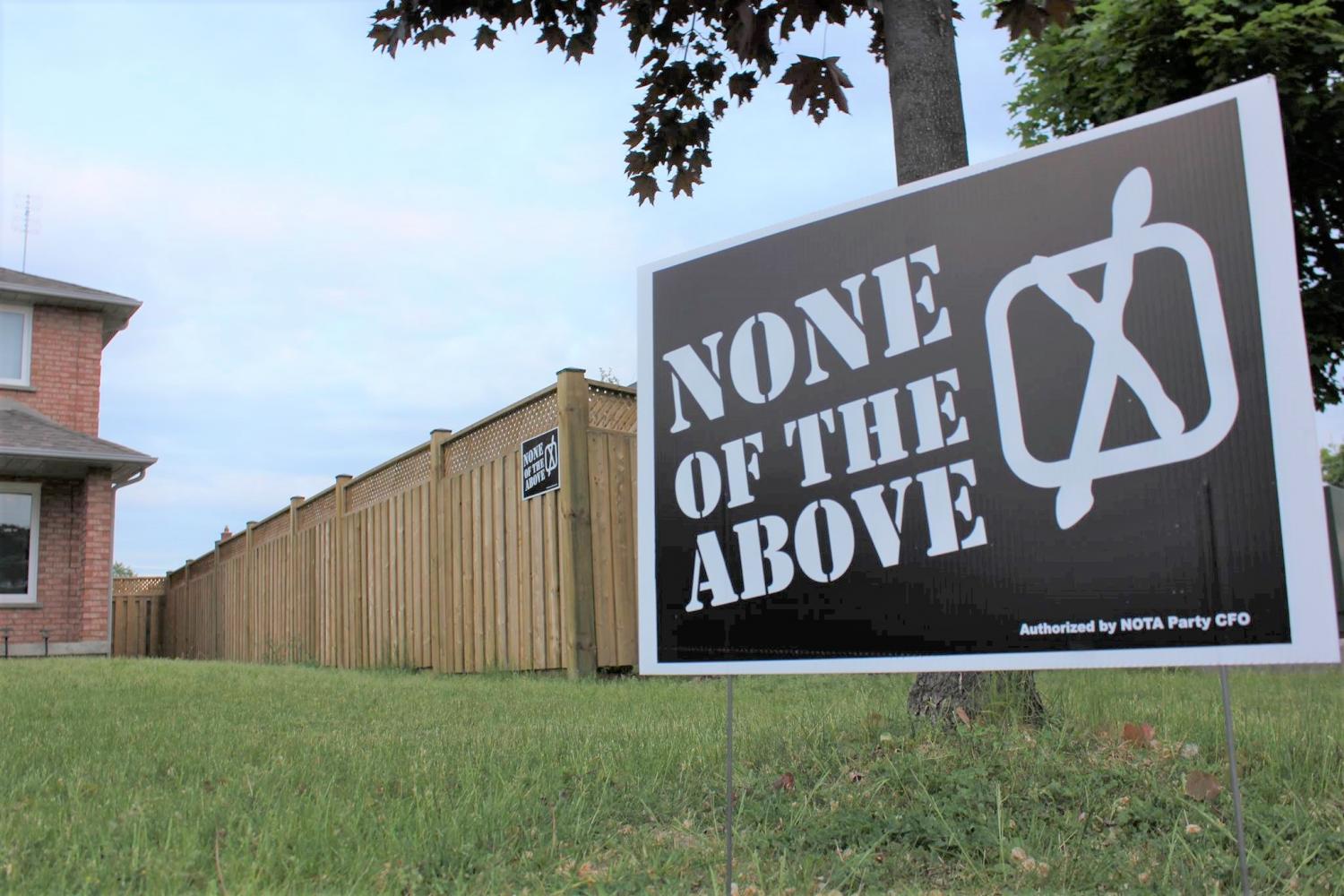
The Law That Canada Must Change: Wrongfully Imprisoned Sociology Professor Talks Extradition
After his return from a 3 year and 2 month stint in solitary confinement in France, Professor Hassan Diab’s wrongful imprisonment is raising questions about Canada’s extradition laws.
Lebanese-Canadian Professor Hassan Diab returned to Canada this past January after a French court dropped the charges laid against him for his alleged involvement in a terrorist attack that killed three people in Paris in 1980.
Diab had spent three years under house arrest in Ottawa and was extradited to France in November 2014, where he spent three years and two months in solitary confinement for his alleged participation in the bombing of the Copernic Street synagogue.
I spoke to Diab in February during a small reception where he and his family met with supporters. People from Kingston and as far as San Francisco attended the gathering, where Diab spoke candidly about his captivity, what kept him hopeful, and why Canada’s extradition laws should be questioned.
I asked Diab what, during his 10-year ordeal, made him remain hopeful, especially throughout those years in isolation. His feeling of hopelessness began as he was constantly and repeatedly assured that he was going to stay in prison forever, “I started thinking ‘okay this is real, I have to adapt to this’. But at the same time, I was hearing the voices of my family back in Canada telling me to keep going” said Diab with a broken voice, “but I refused to enjoy anything in there. I refused to accept it.”
Diab, 64, and his wife, Rania Tfaily, have four kids. His youngest son, Jad, was born while Diab was still in French prison. He first met his newborn when Rania and the kids got the chance to visit him for the first time 6 months after Diab was extradited — they spent no longer than an hour together. Jad was 4-months-old at that time.
During his trial, Diab pointed out that the case built against him was very unreliable. He testified that he was in sitting exams at a university in Beirut, Lebanon, when the synagogue bombing happened in France. French representatives, then, flew to Beirut and confirmed Diab’s alibi. Additional evidence, such as unmatched fingerprints, handwriting, university records, difference of age and stamps on his passport, all of which have backed his claims, were neglected and not taken into account. The evidence was, as his lawyer Donald Bayne described it, “comically, totally, wholly and completely unreliable.”
Bayne spoke at the gathering about his concerns regarding Canadian extradition laws. Extradition is defined as the surrendering of an individual from a certain country to another – in this case, from Canada to France – in order for the defendant to stand in trial in the receiving country. Bayne believes that extradition can have a negative impact on a suspect because “it reverses all the normal presumptions of innocence and presumes you are guilty.”
Bayne repeatedly expressed his concerns about the judgement of the Canadian officials concerning this case, questioning why French authorities were able to exonerate Diab and the Canadian justice system was not: “Why did it take foreign investigators to render the justice that Canadian judges and our minister of justice failed to deliver to a Canadian? How could all of this has happened? The answer is extradition, folks – Canadian extradition. That’s the problem.”
In 2012, the Canadian minister of justice, Rob Nicholson, had the discretion to decide whether it was just to surrender a Canadian to a country that does not surrender its own nationals to Canada. According to Bayne, the minister stated that it was ‘appropriate’ and ‘sensible’ to do so, in Diab’s case; he implied that Diab’s defense team was being ‘overly technical’ by saying that France was not right to try him and by constantly stressing that it was illegal and impermissible to extradite a Canadian for investigation in a foreign country, based on obviously unreliable evidence. “Three years and two months in solitary confinement is being ‘overly technical’?” Bayne rhetorically asked the crowd in February.
Prime Minister Justin Trudeau has ‘promised’ to examine the lessons learned from Diab’s case by directing the Ministry of Justice to examine the issue. Bayne was a little skeptical about Trudeau’s statement: “These people are the wrong people to ask, Mr. Trudeau,” he said. “They are the very people responsible for this system. They will go to the wall to defend and justify the system.”
After his lawyer’s speech, Diab found the strength within him to speak about the harrowing experience of staying in solitary confinement. Diab was counting the last few months of isolation by writing them on his arms. “The struggle was very long […] being alone in a cell only with your ideas and thoughts” he said emotionally, as he recalled those moments, “I would only ‘recharge my battery’ for another week when they let me speak to my family on the phone for a few minutes.”
Diab, who had been working as a sociology professor at Carleton University and the University of Ottawa before being accused of this crime, described the journey as being an uphill battle, pitting him against the French authorities who had unlimited resources from many countries. However, Diab and his team held on to one thing: “[…] my people and I had unlimited will. They didn’t know that, and this is what made me stand here today. And we won because of that.”
When I asked about his future plans, Diab insisted that he wants to change this “lousy” extradition law, to try and put an end to this injustice. As Bayne explained, although everyone happily celebrates Diab’s return and the reuniting of the family, this should also be a wake-up call. “We do not need other Hassan Diab’s. We need to all work towards changing that law.”
As the reception came to an end, Diab’s wife, Rania, took a few minutes to express her gratitude to everyone who wrote letters, made phone calls, attended events and rallies, contacted different organizations, and put life savings and professional reputations on the line to help release her husband from detention. “It is a testament to you all, and to the incredible support that you all showed for so many years, that we can celebrate Hassan’s return,” Rania emotionally concluded.
If you are interested in working towards changing Canada’s Extradition laws, then, as Diab suggests, please spread awareness about this issue, talk about it, contribute to the conversation about these laws, and send letters to Canadian Government officials.
For more information, visit the support group’s website: http://www.justiceforhassandiab.org/









